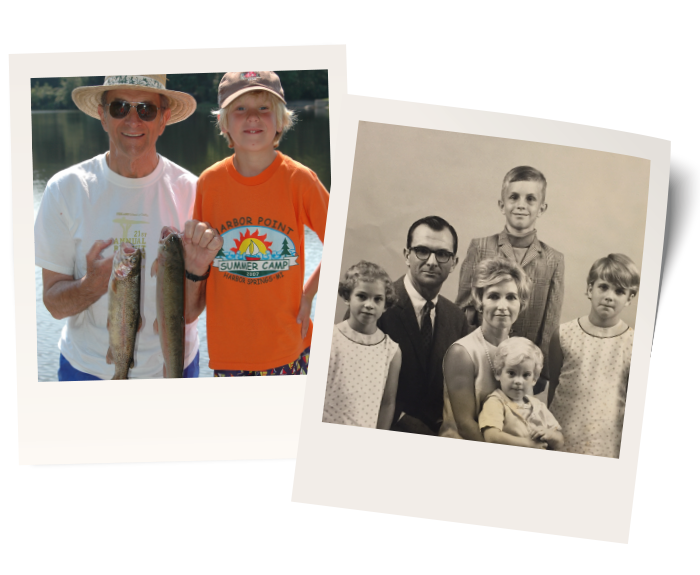
Now that Charlotte appears to be on the cusp of becoming a tier 1 market for investors and developers, competition has increased. And the city is struggling to handle the increased requests for rezoning or for public assistance and economic development aide. With this confusion the role of a real estate consultant in this market is becoming much more technical. But the best are able to keep things as simple as possible for their people, their clients.
My dad taught me how to do this, and to do so with confidence while providing excellent advice.
Here’s his advice in a nutshell:
- The message has to be simple. What is the single most important thing that you need the client to remember? State it in one sentence.
- Use the unexpected. What powerful surprising fact supports simple message? If I share with you something important and support it with some unique insight, you will remember forever.
- Be concrete. What concrete data would make the new concept important or appeal to the decision makers who insist on data before making a decision? Even the most intuitive decision makers like knowing there is data supporting a recommendation.
- Find the best story. What is the best story that supports the concept and can illustrate your point? Southerners are great at telling stories – it is a powerful way to develop emotion and levity.
My father used this method to sell complex insurance policies for the last 45 years. And at age 85, he is still going strong.
My father understood that to be a trusted advocate, there’s a balance between making things simple and providing all the relevant data. Nothing can be made simple until there’s a very deep understanding of the situation.
We’ve incorporated this idea of “doing a deep dive” before making real estate simple in our methods to great success. As part of this, I created The Due Diligence 360™ – a 221-point due diligence checklist that includes a narrative about the vision of the asset, obstacles opposing the vision, suggestions for transformation, and a to do list in the form of action steps. I’ve taken these concepts to my clients, for example when packaging such challenging assets as coal mines, landfills, churches and coliseums. If we can help you with your complex sale, let us know.






